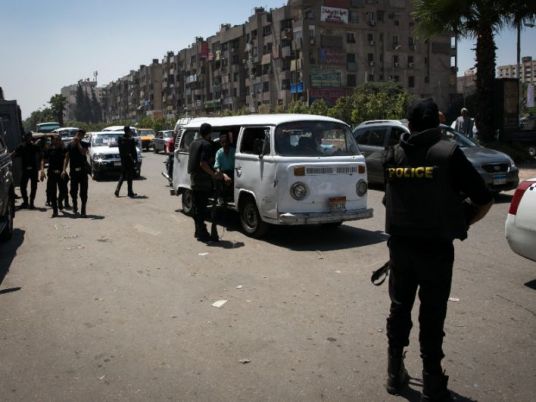
Egypt’s President Abdel Fattah al-Sisi issued a presidential decree extending the state of emergency across the country for a period of three months starting from Saturday April 14.
This is the fourth time the state of emergency has been renewed since it was imposed for the first time on April 10, 2017 after terrorist attacks on two churches in Tanta and Alexandria. The attacks left at least 45 people dead.
Article 154 from the 2014 constitution grants Sisi the right to extend the emergency period for 90 days following its implementation, as long as this decision receives a two-thirds majority from MPs who have seven days to review the measure.
The decree, which was published in the official state gazette, is to be implemented after the approval of the House of Representatives by a two-thirds majority.
Under the state of emergency, the president has the right to restrict freedoms of assembly, movement, residency, as well as the right to monitor messages of any kind, newspapers, leaflets and publications, and all means of advertising before publishing them, and confiscating them. The president also has the permission to close the places where they are printed, setting the dates for the opening and closing of public shops, and the evacuation or isolation of some areas.
Edited translation from Al-Masry Al-Youm




